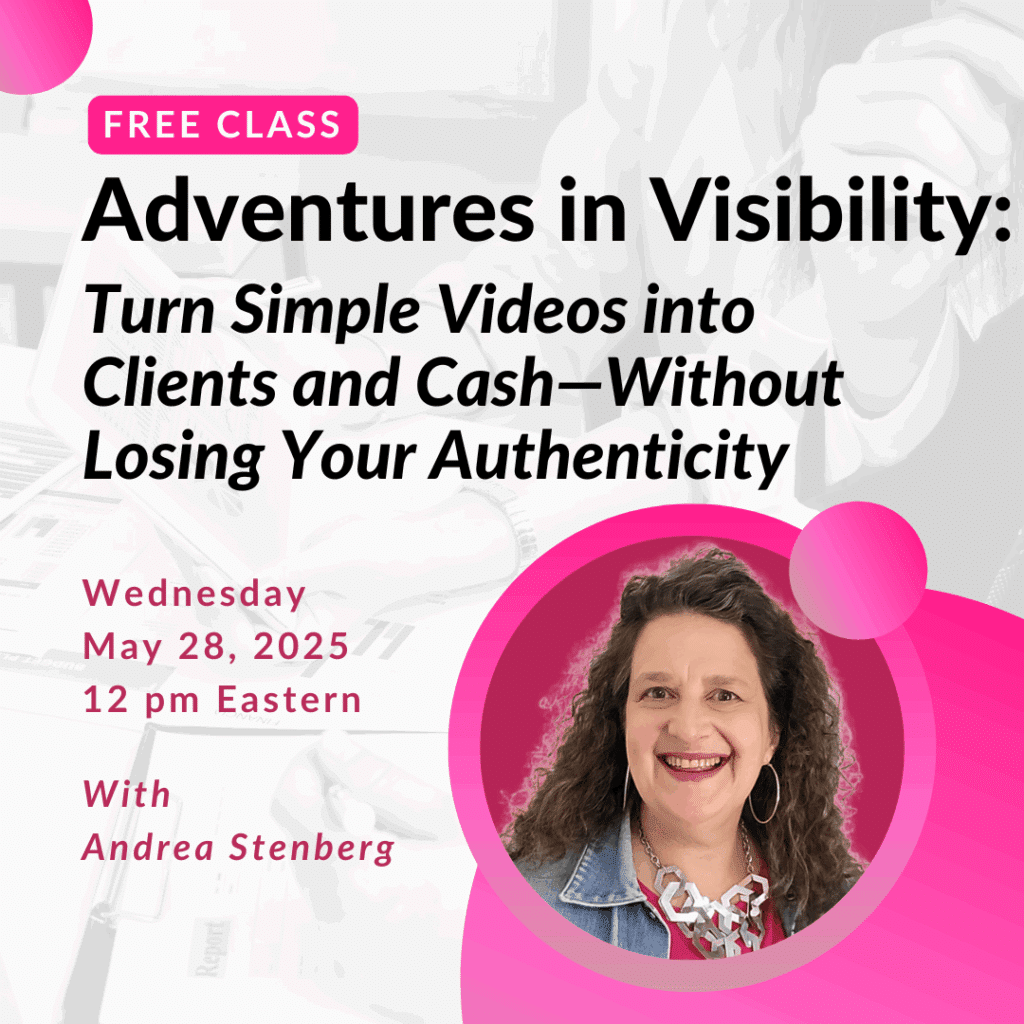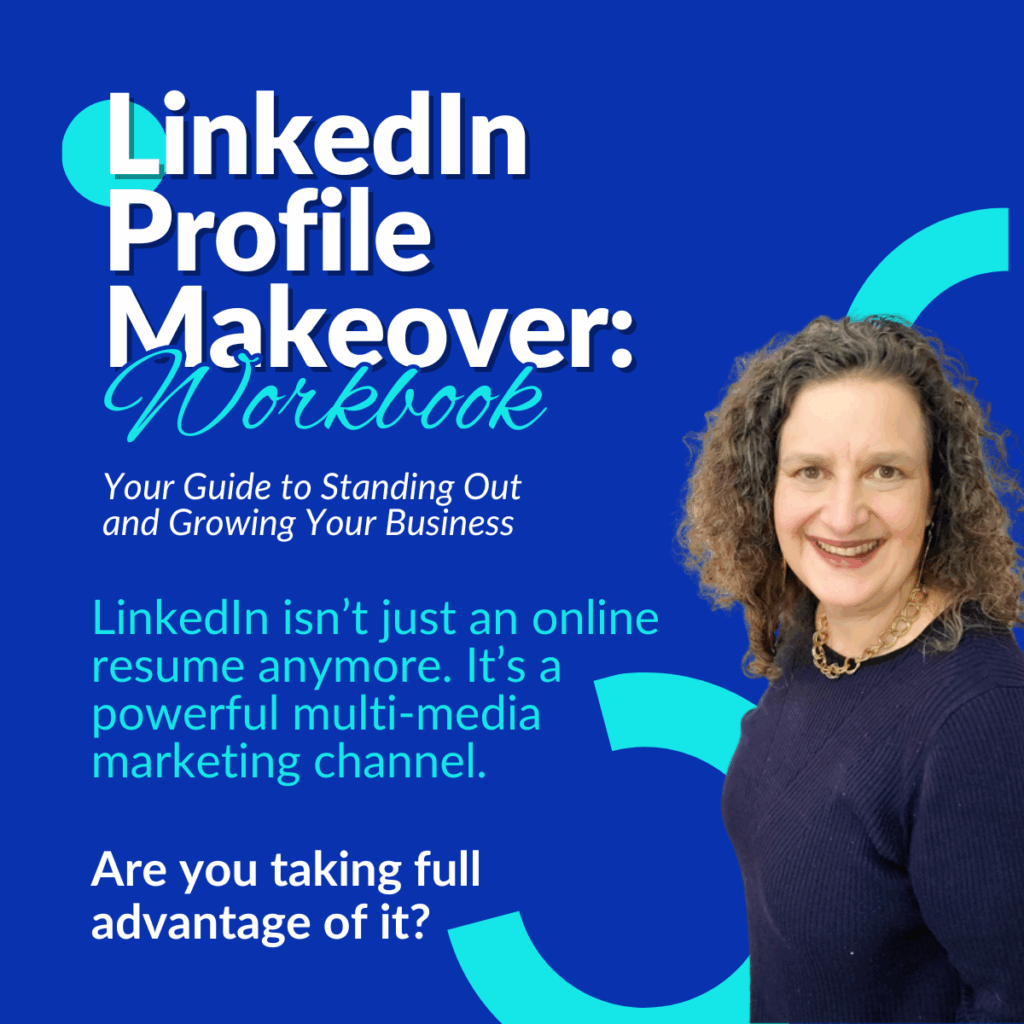Many proponents of the Law of Attraction talk about “Belief and Expectation”; you need to believe it to make it happen.
A decision turns a desire into a goal
I think that’s part of the story. However there is one step I think you need to take first. You need to make a decision. You must decide that you’re going to achieve this goal – even
Until you do, your goal is nothing more than a wish – just like wishing when you blow out candles on a birthday cake. We’ve all made wishes. And lets face it, when we get old enough to stop putting the correct number of candles on our cake, we know wishes don’t come true just because we blew out some candles, saw the first star of the evening or carry a rabbit’s foot.
But making a decision has power. It gives you control. It’s not up to the “universe” or the birthday candle fairy. It’s up to you to make it come true.
I don’t know about you, but I like that kind of power. It excites me to have a goal and then say, “I’m going to make it happen.”
When you make a decision, it sends a message to your subconscious that it better come up with a solution. When you are committed to a goal, you start coming up with ideas on how to achieve it. Sometimes they’re stupid ideas, but very often you’ll come up with a brilliant one.
And once you have made a decision to achieve a certain goal, sometimes things happen out of the blue that almost drop your desire into your lap.
Sometimes help just drops into your lap
Last year I decided I needed to expand my marketing activities and go outside my geographic region. I decided I would do this by attending a networking meeting in one of the larger cities within a three-hour drive of my home. I added a notation on my to-do list and went to bed. The next morning I had an email from a friend inviting me to a networking meeting in a city two hours away.
Now, did my making a decision cause “the universe” to create this opportunity to drop into my lap like this? I don’t know. It may be I get opportunities like this all the time. But this time, because I’d set this as a goal and decided I would make it happen, when I got the invitation, instead of whining to myself, “it’s too far, I’ll have to get a sitter, I don’t want to drive in the winter,” I jumped at the opportunity.
The point is, when you’ve got a goal, make a commitment to yourself to make it happen. This way you’ll recognize opportunities when they knock on your door.
Sometimes it’s not so easy
But sometimes when you make a decision, instead of feeling excited you feel nervous, worried or doubtful. You don’t believe you can make this goal happen. For business owners, this doubt can often come from having significant money goals.
In Barbara Stanny’s book Overcoming Underearning: A Five-Step Plan to a Richer Life, she has a fabulous exercise for discovering your earning ceiling.
(This is one of my favourite books. I tell everyone about it. I’ve lent my copy to countless friends and have read it four times and I only got it about 18 months ago. Really, go to Amazon or your library and get a copy!)
When doing this exercise, many people discover that there is an upper limit to how much they believe they can earn – I did. And for many people, this upper limit is surprising low – much lower than they expected or need.
Go above this level – even in your imagination – and you become uncomfortable. According to Stanny, if you go above this level in your life, you’ll do things unconsciously to reduce your income back down to your earning ceiling. So, if you want to increase your income, you first have to reset your earning ceiling.
Your mental blocks stop you from achieving your goals
You may have mental ceilings around other goals as well. There may be doubts and blocks around certain issues. And you need to address them or you’ll be battling yourself about trying to achieve this goal.
Robert Middleton in the Action Plan Toolkit calls them negative intentions. These are the unconscious (and sometimes not so unconscious) thoughts that tell us we can’t achieve what we’re trying to do. These thoughts might be in the voice of that horribly critical teacher who told us we’re no good. They might be in the voice of our mother. They might be in our own voice.
Middleton has an exercise in the Action Plan Toolkit that helps you identify and overcome these negative intentions. Michael Losier in his book Law of Attraction: The Science of Attracting More of What You Want and Less of What You Don’t has an exercise that he calls creating allowing statements.
The process goes something like this:
- Write down your goal
- Write down your negative thought or intention – what are those negative voices saying about this goal?
- Ask yourself, is this negative thought true? Maybe you think it is. That’s okay.
- Ask yourself, is there anyone with a similar background who is currently achieving a similar goal? How many are doing it right now? In the past week? In the past year?
- Looking at your answers to question 4, can you absolutely know, with 100% certainty, that your negative thought is true?
- Write down how you react (think, feel, behave) when you have this negative thought. For example, do you procrastinate? Do you jump from task to task without finishing anything?
- If it were impossible to have this negative thought, what would you do? Write your answer down.
- Take your negative intention and rewrite it as the opposite. For example, if that evil little voice in your head is saying, “You’re not smart enough to achieve this goal” write “I have all the skills and knowledge I need, or can get them, to achieve this goal”. If you have more than one negative thought around this goal, write the opposite for each of them.
- Look at the opposite statements you just wrote. Are they just as true, or even truer, than the original negative thought? Write down some examples in your life that show they are true.
Once you’ve done this exercise, you may find you feel more excited about your goal. It will likely be easier for you to make a commitment to achieve this goal.
I do this exercise when I’m working on a goal and having trouble achieving it. When I’m procrastinating or getting sidetracked I need to stop and remind myself to do this exercise.
Tomorrow I’ll talk about what I think is the most important step in the process – even more important than deciding and believing – taking action.
Andrea J. Stenberg









